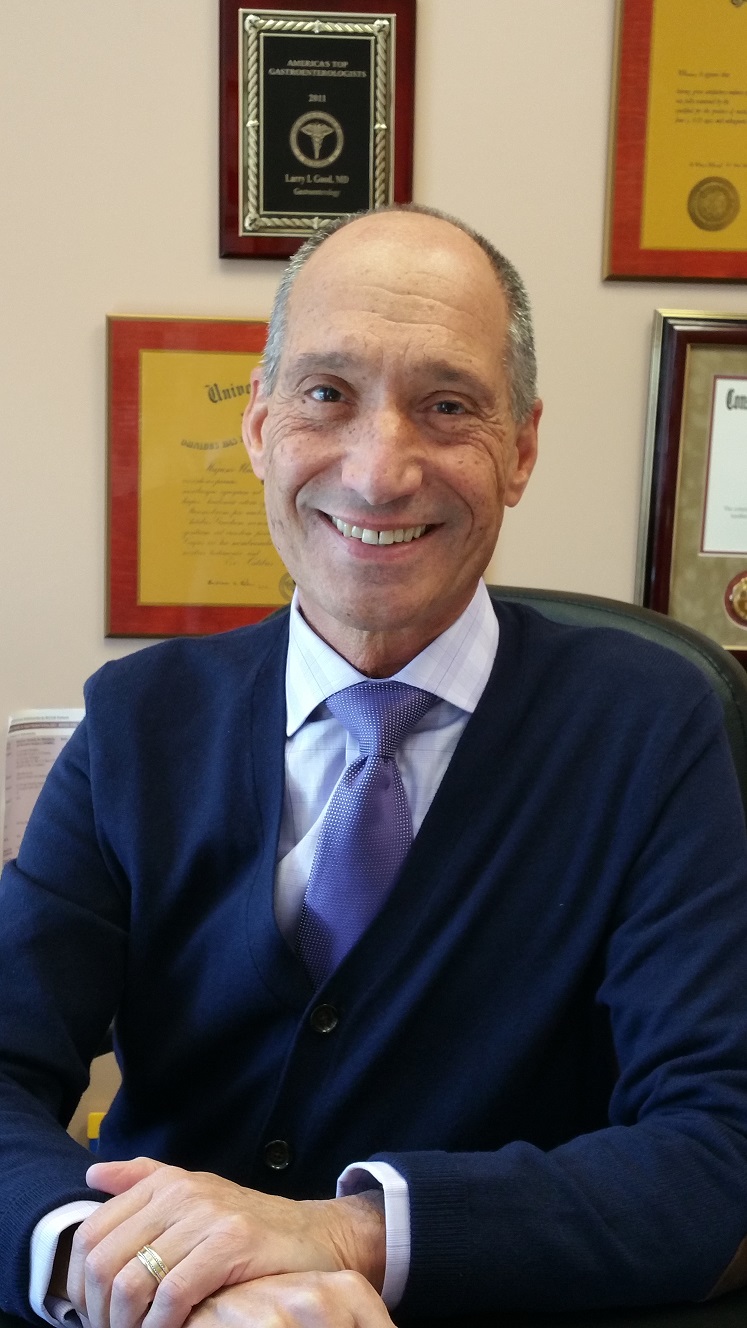The patient and physician population is aging. Demand is growing as many in the medical field prepare for retirement. What will happen if a significant physician shortage comes to pass? Four gastroenterologists share their thoughts on how such a shortage would impact the GI field.
Ask a Gastroenterologist is a weekly series of questions posed to GI physicians around the country on business and clinical issues affecting the field of gastroenterology. We invite all gastroenterologists to submit responses.
Next week's question: What do you consider to be the most important event in your career thus far?
Please submit responses to Carrie Pallardy at cpallardy@beckershealthcare.com by Thursday, February 26, at 5 p.m. CST.
 Elliot Ellis, MD, Modernizing Medicine Team Lead, EMA Gastroenterology: It has been known for quite some time that there is a looming shortage of gastroenterologists. In 2009, the New York Times reported on this subject quoting a healthcare consulting study suggesting that by the year 2020 the field will be short more than 1,000 gastroenterologists. The increased demand for colon cancer screening is due to both an aging population, as well as a continued aggressive push for preventative medicine by nearly all health organizations. In recent years questions regarding the effectiveness of colon cancer screening with colonoscopy have been laid to rest. Studies have shown that patients who undergo colonoscopy reduce their colon cancer risk by up to 77 percent. Despite this information, about 40 percent of patients over age 50 continue to not be screened. This number is higher in minority populations. As we continue to inform the public and improve screening rates for the benefits of our patients, demand will continue to rise and a shortage may be inevitable.
Elliot Ellis, MD, Modernizing Medicine Team Lead, EMA Gastroenterology: It has been known for quite some time that there is a looming shortage of gastroenterologists. In 2009, the New York Times reported on this subject quoting a healthcare consulting study suggesting that by the year 2020 the field will be short more than 1,000 gastroenterologists. The increased demand for colon cancer screening is due to both an aging population, as well as a continued aggressive push for preventative medicine by nearly all health organizations. In recent years questions regarding the effectiveness of colon cancer screening with colonoscopy have been laid to rest. Studies have shown that patients who undergo colonoscopy reduce their colon cancer risk by up to 77 percent. Despite this information, about 40 percent of patients over age 50 continue to not be screened. This number is higher in minority populations. As we continue to inform the public and improve screening rates for the benefits of our patients, demand will continue to rise and a shortage may be inevitable.
Given this impending increase in demand and limited supply – not to mention the recently accelerated push towards value-based reimbursements – it will be imperative that practicing gastroenterologists maximize their efficiencies and utilize all available resources, including technology. Physicians who use electronic medical record systems that were built specifically for gastroenterologists, know our workflow and capture structured patient data will have a distinct advantage over others. Not only will they save time and make their practices more profitable, but their patients will have better health outcomes. Our practice model may change in the future, but automated and smart EMR systems like EMA Gastroenterology™ are essential for managing physician shortages while protecting the health of our practices and patients.
 Larry Good, MD, FACG, founder, CEO Good Pharmaceutical Development, CEO, Compassionate Care Center of New York: There are just over 10,000 practicing, board-certified gastroenterologists in the United States. It is estimated that by the year 2020, there will be a shortfall of somewhere between 1,000 to 1,500 practicing gastroenterologists in the United States.
Larry Good, MD, FACG, founder, CEO Good Pharmaceutical Development, CEO, Compassionate Care Center of New York: There are just over 10,000 practicing, board-certified gastroenterologists in the United States. It is estimated that by the year 2020, there will be a shortfall of somewhere between 1,000 to 1,500 practicing gastroenterologists in the United States.
There are several reasons for this growing crisis. First, the population is growing and aging. Older people require more gastroenterology services. Secondly, the economic environment is gloomy and many practicing gastroenterologists are retiring early, opting out of choosing large, hospital or institution based practices at the end of their careers.
Medicare re-imbursements for GI procedures are so low, that many gastroenterologists in clinical practice are opting out of Medicare, further exacerbating the problem. The net result is that vital services, such as screening colonoscopies to prevent colon cancer, will be less readily available. Furthermore, cultural changes in medicine as a career with more emphasis on balanced life-styles and reduced work hours and stress will result in fewer physician hours available to the public. Current GI fellowship enrollment is not sufficient to meet future needs. It is unclear whether improved technology and the use of physician extenders can solve this problem.
Antonino Mannone, MD, gastroenterologist, Main Gastroenterology (Williamsville, N.Y.): I am not aware how the situation is in other parts of the country, but where I practice the situation is very dire. I think that the distribution of specialists, in general, is in favor of warmer climates and better reimbursement states.
The youngest GI specialist in my county is in the mid-40s. No new specialist has come to practice in my area (even if the cost of living is excellent and we are near a natural wander of the world). The quality of care is excellent, but there is an aging population of patients and specialists and no replacement.
Maybe in Virginia, Carolina and other southern states there is a larger pool of young GI specialist but that does not help the upstate counties of New York. There is a limit to how many patients each GI specialist can give care to without compromising the quality of care. Definitely the burden of non-medical work that each one of us has to endure makes the delivery of good care more difficult. So the outlook is not encouraging: aging population and increased number of patients plus stagnant or decreasing number of physicians.
 Patrick Takahashi, MD, CMIO and Chief of Gastroenterology Section of St. Vincent Medical Center (Los Angeles): A physician shortage would put a tremendous burden upon gastroenterologists who are actively practicing at this time. With so many insurers and Medicare plans already pushing for preventive services, the demand for colonoscopy has never been higher. A shortage of gastroenterologists would only increase this need. Hence, wait times to schedule procedures will lengthen, creating acrimony among patients.
Patrick Takahashi, MD, CMIO and Chief of Gastroenterology Section of St. Vincent Medical Center (Los Angeles): A physician shortage would put a tremendous burden upon gastroenterologists who are actively practicing at this time. With so many insurers and Medicare plans already pushing for preventive services, the demand for colonoscopy has never been higher. A shortage of gastroenterologists would only increase this need. Hence, wait times to schedule procedures will lengthen, creating acrimony among patients.
Some of this discord can be offset by the utilization of mid-level practitioners, and I anticipate that many practices will evolve to incorporate this workflow into their preexisting structure. At some juncture, there will be a tipping point, where a physician's practice will be oversaturated, thus potentially impacting the effective delivery of healthcare. The positive aspect of a physician shortage is that the demand for gastroenterology services will be at a premium, potentially opening the door a bit towards a fee for service renaissance. Until this need for gastroenterologists is met at the training program level, I anticipate that the field of gastroenterology will continue to be in high demand.


